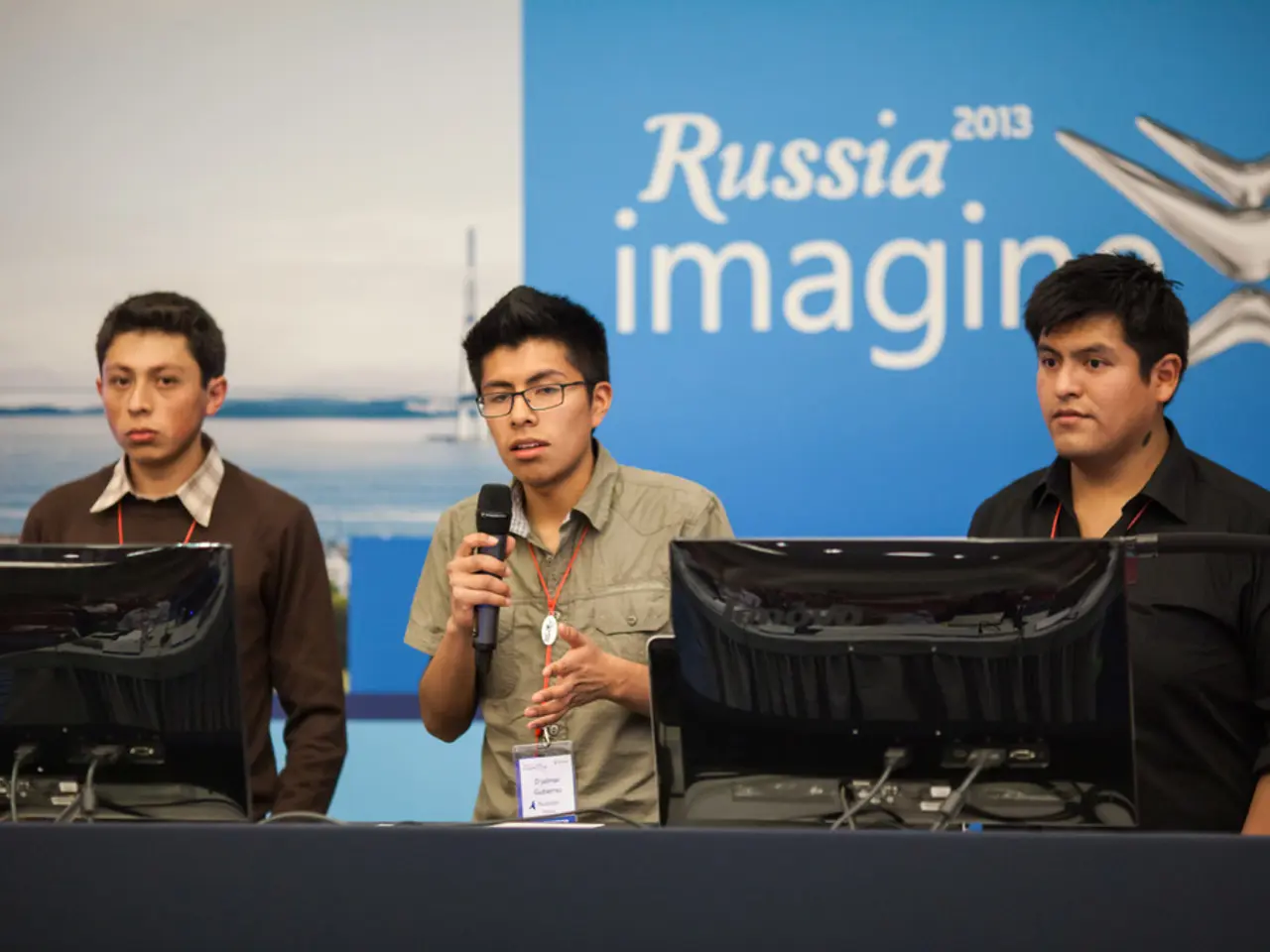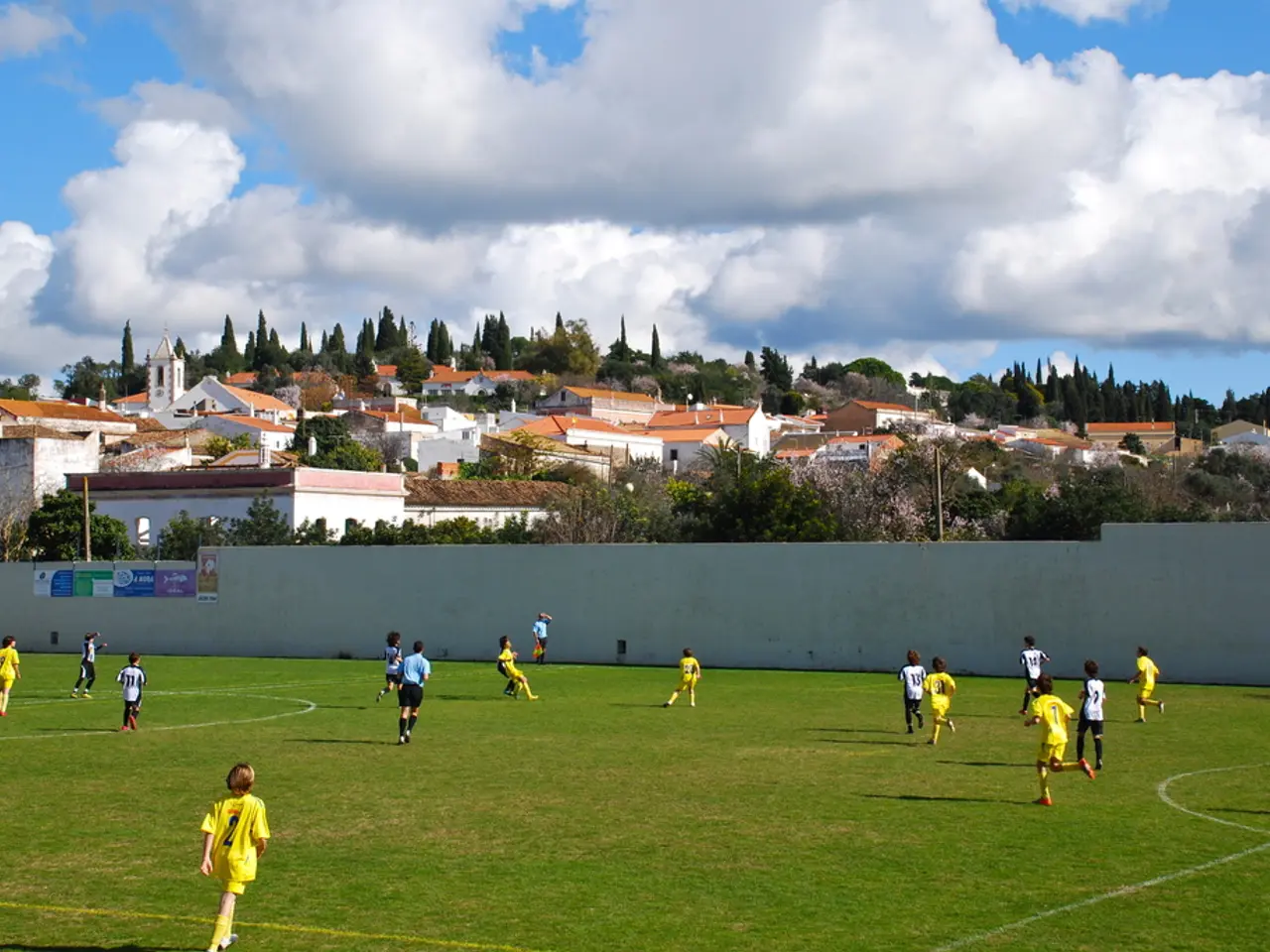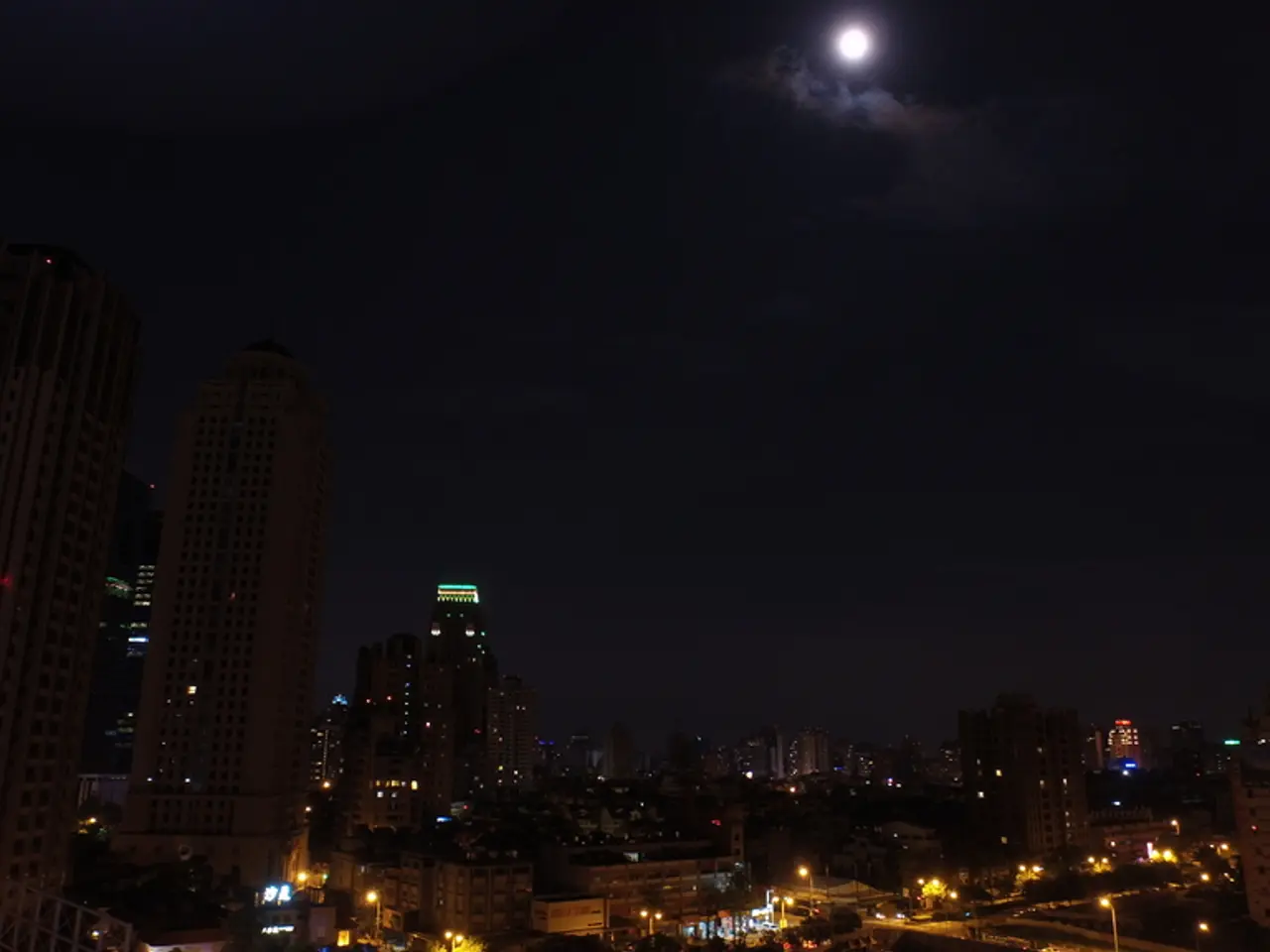Russia's sanctions are undeniably causing significant distress, as asserted by Zelensky.
In the coming six months, the next EU Council presidency is expected to be of significant importance for Ukraine, as the nation seeks to intensify economic pressure on Russia. This push for expanded sanctions aligns with the EU's ongoing commitment, particularly under Denmark's current presidency, to impose restrictive measures on Moscow.
Ukraine has already synchronized its sanctions with the decisions regarding individuals involved in human rights violations in Belarus, as well as decisions made by the European Union in 2011 and 2020-2025 regarding persons involved in human rights violations in the Islamic Republic of Iran and military support for Russia in the war against Ukraine.
The focus during this period is primarily on security, defense industry, and sanctions against Russia. President Volodymyr Zelenskyi is leading the expansion of sanctions, with the National Security and Defense Council of Ukraine set to make new decisions on the matter in the near future. Relevant materials for these new decisions are currently being prepared.
The sanctions, originally imposed after Russia's 2014 annexation of Crimea and significantly expanded following the 2022 invasion, cover a wide array of sectors including trade, finance, energy, technology, military industry, transport, and luxury goods. Key measures include banning imports of seaborne crude oil and certain petroleum products and cutting several Russian banks off from SWIFT. The sanctions also target Kremlin-backed disinformation outlets within the EU and have mechanisms to counter sanctions circumvention.
Ukraine has urged its allies, including the United States, to adopt even harsher sanctions. The U.S. Sanctioning Russia Act of 2025 is a legislative proposal designed to impose severe economic penalties if Russia fails to engage in good faith negotiations with Ukraine. It would, among other things, impose a 500 percent tariff on indirect imports from Russia into the U.S. and secondary sanctions on individuals or entities affiliated with Russia or countries buying Russian oil, uranium, and petroleum products. This act aims to significantly impede Russia's military resupply capabilities.
U.S. officials have indicated that while a timing decision remains, escalation of sanctions matching Ukraine’s battlefield resolve may occur if diplomatic progress stalls. The EU, under Denmark's leadership, has maintained a firm stance to "continue to pile pressure on Moscow," emphasizing that each sanction diminishes Russia’s capability to sustain its war effort.
Sanctions against Russia are reported to be painful, and further pressure could encourage Russia to consider alternatives to war. The goal is to make all sanctions against Russia effective in ending the war, and it is necessary to "seriously limit Russia's aggressive potential" according to President Zelenskyi. This work is underway, as Ukraine continues its efforts to expand sanctions and push for a peaceful resolution to the ongoing conflict.
- As Ukraine continues its efforts to expand sanctions against Russia, President Volodymyr Zelenskyi is working closely with the National Security and Defense Council to make new policy-and-legislation decisions regarding restrictive measures.
- Ukraine's push for expanded sanctions on Russia extends beyond the economic sector, with the U.S. Sanctioning Russia Act of 2025 proposing harsh policy-and-legislation to impose tariffs and secondary sanctions, aiming to seriously limit Russia's aggressive potential and war-and-conflicts capabilities.








